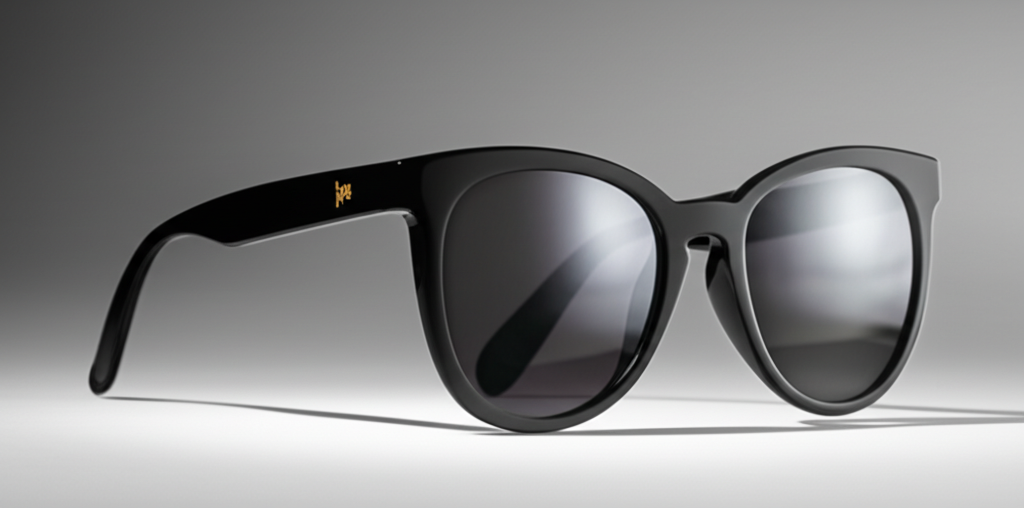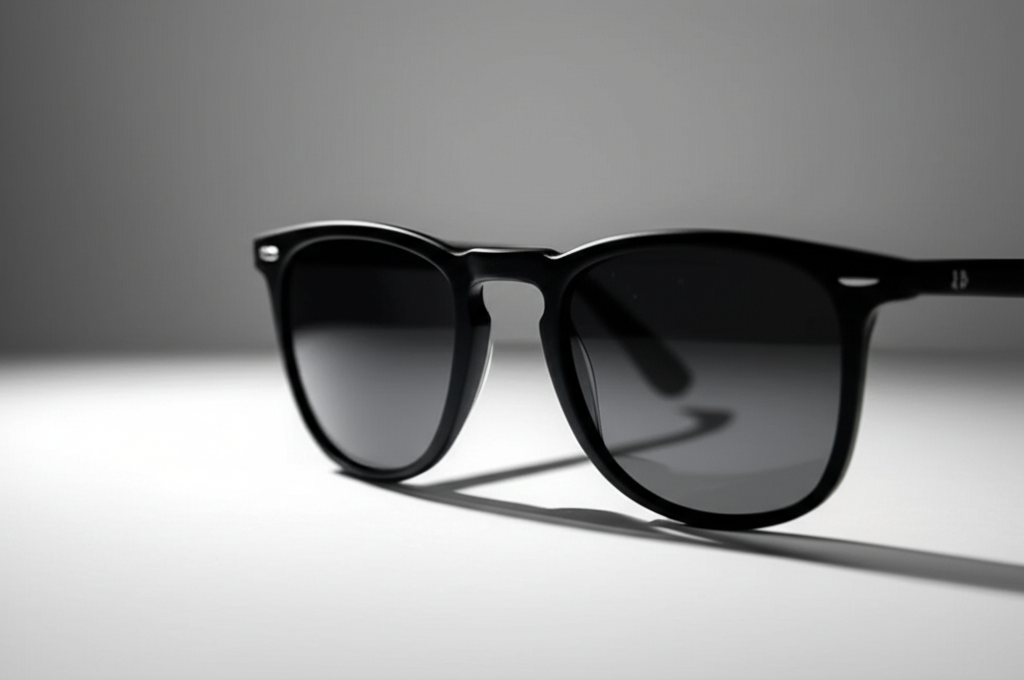How Long to Wear Sunglasses After Dilation

Eye dilation is a common procedure during eye exams, where special drops are used to widen the pupils, allowing your optometrist to get a clearer view of the internal structures of your eyes. While this process is essential for a thorough examination, it often leaves patients with temporary light sensitivity, making it crucial to wear sunglasses afterward. The duration of this sensitivity varies depending on the type of dilating drops used and individual factors. Understanding how long to wear sunglasses after dilation can help you protect your eyes and ensure a comfortable recovery.
Step-by-Step Process
Consult Your Doctor
Ask your eye doctor for specific duration recommendations.
Wear Sunglasses Immediately
Put on UV-protective sunglasses right after dilation.
Avoid Bright Light
Stay indoors or in shaded areas for 2-4 hours.
Monitor Sensitivity
Continue wearing sunglasses until light sensitivity fades.
Follow-Up Care
Attend any scheduled follow-up appointments for checkups.
Process infographic for How Long to Wear Sunglasses After Dilation
Why Are Sunglasses Necessary After Eye Dilation?
The Science of Light Sensitivity (Photophobia) After Dilation
Dilating drops, such as tropicamide or phenylephrine, work by paralyzing the muscles that control the pupil’s size. This prevents the pupil from constricting in response to bright light, leaving the eye more exposed and sensitive. As a result, sunlight or even indoor lighting can cause discomfort, glare, or temporary vision disturbances.
Potential Risks of Not Wearing Sunglasses
Failing to wear sunglasses after dilation can lead to eye strain, headaches, or blurred vision due to excessive light exposure. Prolonged exposure to UV rays during this time can also increase the risk of retinal damage. Wearing sunglasses not only reduces discomfort but also safeguards your eyes during this vulnerable period.
How Long Should You Wear Sunglasses After Dilation?
General Guidelines for Sunglass Use
For most people, wearing sunglasses for 4–6 hours after dilation is sufficient. However, if stronger dilating drops like atropine are used, you may need to wear them for up to 24–48 hours. Always consult your eye doctor for specific recommendations based on the drops used.
Timeframes Based on the Type of Dilation Drops
Short-acting drops, such as tropicamide, typically wear off within 4–6 hours, so sunglasses are only necessary during this period. Long-acting drops like atropine or cyclopentolate can take 24–48 hours to dissipate, requiring extended sunglass use, especially when outdoors.

Individual Variability and Environmental Factors
Factors such as age, eye health, and outdoor activity levels can influence how long you need to wear sunglasses. For example, older adults or those with sensitive eyes may experience prolonged light sensitivity. Always follow your eye doctor’s advice and adjust based on your comfort level.
Tips for Managing Light Sensitivity and Post-Dilation Discomfort
Choose the Right Sunglasses
Opt for sunglasses that offer 100% UVA and UVB protection. Polarized lenses are particularly effective at reducing glare. While indoors, avoid overly dark lenses unless your eyes are still sensitive.
Practical Steps for Indoor and Outdoor Comfort
Stay in shaded areas or wear a wide-brimmed hat when outdoors. Indoors, reduce screen brightness on devices like phones and computers to minimize strain. Gradually reintroduce normal lighting as your eyes recover.
When to Stop Wearing Sunglasses
You can stop wearing sunglasses once your pupils begin to respond to light and you no longer experience glare or discomfort. Gradually reduce sunglass use indoors and in low-light environments as your eyes adjust.

When to Seek Medical Advice
Prolonged Light Sensitivity
If light sensitivity persists beyond 48 hours, consult your ophthalmologist. This could indicate an underlying issue that requires attention.
Other Red Flags
Seek medical advice if you experience blurred vision, persistent dryness, or unusual eye pain. These symptoms could signal complications that need professional evaluation.

Conclusion: Prioritizing Eye Comfort and Safety Post-Dilation
Wearing sunglasses after eye dilation is a simple yet effective way to protect your eyes and ensure a smooth recovery. The duration of sunglass use depends on the type of dilating drops and your individual response. By following your eye doctor’s instructions and using the right protective measures, you can minimize discomfort and safeguard your vision. If you have any concerns, don’t hesitate to reach out to your eye care provider for guidance.
FAQ: Common Questions About Sunglasses After Eye Dilation
- How long do dilating drops last in the eyes? Short-acting drops last 4–6 hours; long-acting drops can last 1–3 days.
